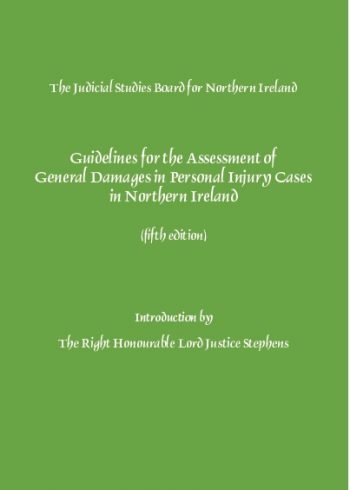Lacey Solicitors recently attended the TRADATA (Training of Lawyers on the European Union’s Data Protection Reform) Seminar at Law Society House, Belfast. The event was coordinated by the European Lawyers Foundation alongside eight European partners and focused on strengthening knowledge of GDPR and data protection law.
Topics Covered at TRADATA Seminar
GDPR Nine Months On
-
Review of how the General Data Protection Regulation (GDPR) has operated since its introduction.
-
Insight into the practical challenges faced by businesses, employers, and individuals.
Brexit and GDPR
-
Examination of the potential consequences of Brexit on data transfers and regulatory compliance.
Employment Data Practices
-
Analysis of the impact of GDPR on employers and employees in the workplace.
Cyber Security Awareness
-
Training on protecting sensitive information in a digital age.
-
Practical guidance included:
-
Regular password changes
-
Avoiding use of the same password across accounts
-
Using strong, unique password combinations
-
The Growing Risk of Cybercrime in Northern Ireland
The seminar also highlighted the rise of cybercrime, with criminals using sophisticated software to intercept data. A common example is email interception fraud, where hackers alter bank details to divert funds. Such incidents underline the devastating financial and reputational consequences of failing to safeguard personal data.
Our Commitment to Data Protection
At Lacey Solicitors, we recognise that information and personal data are invaluable assets. This training reinforced the importance of treating data with the respect it deserves and ensuring robust compliance with GDPR standards. Protecting client data remains central to our commitment to professional excellence.









